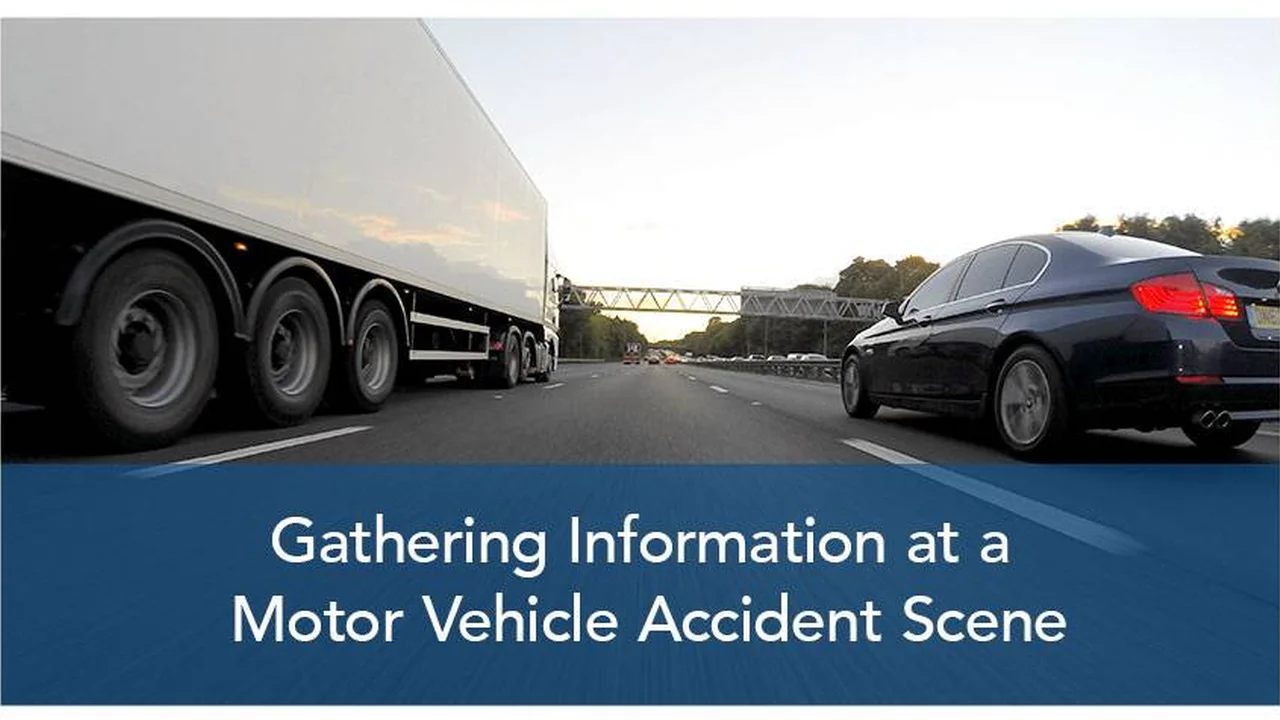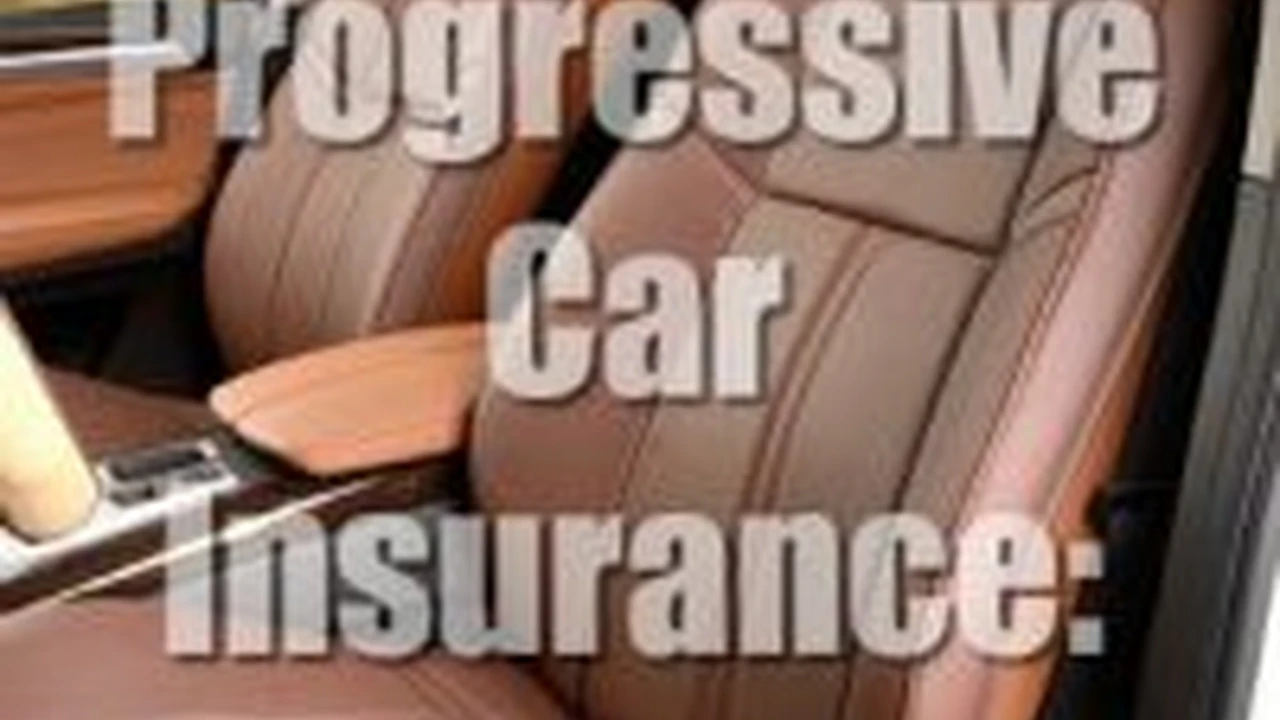Negotiating Your Premium: Is It Possible?

Understanding Car Insurance Premiums The Foundation for Negotiation
Okay, let's dive right in. Car insurance premiums, those monthly (or yearly, if you're lucky enough to pay upfront!) expenses, can feel like a real drain. But understanding what goes into calculating them is the first step to potentially lowering your costs. Think of it like this: insurance companies aren't just pulling numbers out of thin air. They're assessing risk – your risk – and pricing their policies accordingly. So, what factors are they looking at?
- Driving History: This is a big one. A clean driving record screams "responsible driver!" while a history of accidents or traffic violations sends red flags flying. Speeding tickets, DUIs, and at-fault accidents will definitely bump up your premium.
- Age and Experience: Sorry youngsters, but younger drivers typically pay more. Why? Because statistically, they're involved in more accidents. More experienced drivers, on the other hand, usually get better rates.
- Location: Where you live matters. Urban areas with higher traffic density and crime rates often have higher premiums than rural areas. Even your specific neighborhood can make a difference.
- Vehicle Type: The make and model of your car plays a role. Expensive cars, sports cars, and cars that are frequently stolen tend to cost more to insure.
- Credit Score: In many states, insurance companies use your credit score as a factor in determining your premium. A good credit score generally translates to lower rates.
- Coverage Levels: The amount of coverage you choose directly impacts your premium. Higher liability limits, comprehensive and collision coverage, and add-ons like uninsured motorist protection will all increase your costs.
Knowing these factors is crucial. It allows you to identify areas where you might have some leverage for negotiation. For example, if you've recently improved your credit score or moved to a safer neighborhood, you can use this information to argue for a lower premium.
When Can You Negotiate Car Insurance Premiums Timing is Everything
So, you're armed with knowledge – great! But when's the best time to actually try negotiating your car insurance premium? Here's the lowdown:
- Policy Renewal: This is your golden opportunity! As your policy nears its expiration date, your insurance company will send you a renewal notice with your new premium. This is the perfect time to shop around, compare rates, and see if you can get a better deal. If you find a lower quote elsewhere, you can use it as leverage to negotiate with your current insurer.
- Life Changes: Major life events can impact your risk profile. Did you get married? Move to a safer neighborhood? Improve your credit score? These are all valid reasons to contact your insurance company and ask for a re-evaluation of your premium.
- After an Accident (Sometimes): Okay, this one's tricky. If you were involved in an accident that wasn't your fault, it shouldn't automatically raise your premium. However, it's still worth contacting your insurance company to discuss the situation and ensure that your rates aren't unfairly affected.
- Annually, Even Without Changes: It never hurts to call your insurance company once a year, even if nothing significant has changed. Simply ask them to review your policy and see if there are any discounts or savings you might be eligible for. You never know, they might have new programs or promotions you're unaware of.
Remember, timing is key. Don't wait until after you've already paid your premium to try and negotiate. Be proactive and start the process well in advance of your renewal date or after a significant life change.
Negotiation Strategies That Actually Work Getting the Best Deal
Alright, let's get down to the nitty-gritty: how do you actually negotiate a lower car insurance premium? Here are some tried-and-true strategies:
- Shop Around: This is the most important step! Get quotes from multiple insurance companies. Don't just settle for the first quote you receive. Compare rates, coverage options, and customer service reviews to find the best deal. Websites like NerdWallet, The Zebra, and QuoteWizard can help you compare quotes from multiple insurers.
- Ask for Discounts: Insurance companies offer a wide range of discounts. Make sure you're taking advantage of all the discounts you're eligible for. Common discounts include:
- Safe Driver Discount: For drivers with a clean driving record.
- Good Student Discount: For students with good grades.
- Multi-Policy Discount: For customers who bundle their car insurance with other policies, such as home or renters insurance.
- Multi-Car Discount: For households with multiple cars insured with the same company.
- Low Mileage Discount: For drivers who drive fewer miles per year.
- Anti-Theft Device Discount: For cars equipped with anti-theft devices.
- Defensive Driving Course Discount: For drivers who complete a defensive driving course.
- Increase Your Deductible: Your deductible is the amount you pay out-of-pocket before your insurance company covers the rest. Increasing your deductible can significantly lower your premium. However, be sure you can afford to pay the higher deductible if you need to file a claim.
- Review Your Coverage: Are you paying for coverage you don't need? For example, if you have an older car, you might not need comprehensive and collision coverage. Consider reducing your coverage levels to save money.
- Improve Your Credit Score: As mentioned earlier, your credit score can impact your premium. Take steps to improve your credit score, such as paying your bills on time and reducing your debt.
- Be Polite and Professional: Remember, you're talking to a human being. Be polite, respectful, and professional throughout the negotiation process. A positive attitude can go a long way.
- Be Prepared to Walk Away: If you're not happy with the offers you're receiving, be prepared to walk away and switch to a different insurance company. This shows your current insurer that you're serious about finding the best deal.
Specific Product Recommendations for Car Safety and Lower Premiums
Beyond negotiating your premium directly, investing in certain products can actually *lower* your insurance costs or, at the very least, make you a safer driver (which, in turn, can prevent accidents and keep your rates down!). Here are a few examples:
1. Dash Cams: The Silent Witness
Product Examples:
- Vantrue N4 Pro 3 Channel Dash Cam: A top-rated dash cam with front, rear, and interior recording. Around $280.
- Garmin Dash Cam 67W: Compact, easy to use, with voice control. Around $200.
- Thinkware Q800PRO 2K QHD Dash Cam: High-quality video and parking surveillance. Around $300.
Use Case: Imagine you're involved in a fender bender where the other driver claims it was your fault. With a dash cam, you have video evidence to prove otherwise. This can prevent your insurance company from paying out on a claim where you were not at fault, keeping your rates from increasing.
Comparison: The Vantrue N4 is great for rideshare drivers as it records the interior of the car. The Garmin is known for its ease of use and voice control, making it simple to operate while driving. The Thinkware offers superior video quality, which is crucial for capturing details like license plates.
Price Range: $80 - $400+ depending on features and quality.
2. Anti-Theft Devices: Deterring Criminals and Saving Money
Product Examples:
- LoJack: A stolen vehicle recovery system that helps law enforcement locate and recover your car. Installation required, with subscription fees.
- The Club Steering Wheel Lock: A classic, visible deterrent that makes it difficult to steer the car. Around $30.
- Ravelco Anti Theft Device: A more sophisticated system that disables the car's electrical system. Professional installation required, around $500+.
Use Case: Living in an area with high car theft rates? An anti-theft device can deter thieves and, in some cases, even qualify you for an insurance discount. LoJack, for example, significantly increases the chances of recovering your stolen vehicle, which can prevent a total loss claim.
Comparison: The Club is an affordable and easy-to-use option, but it can be bypassed by determined thieves. LoJack offers a higher level of security but comes with ongoing subscription costs. Ravelco is the most secure, but also the most expensive and requires professional installation.
Price Range: $30 - $1000+ depending on the system.
3. Telematic Devices: Prove You're a Safe Driver
Product Examples:
- Progressive Snapshot: A device or app that tracks your driving habits and offers discounts for safe driving. Typically provided by Progressive.
- Allstate Drivewise: Similar to Snapshot, offered by Allstate.
- Automatic Pro: A third-party device that tracks driving data and provides insights into your driving habits. Around $130.
Use Case: These devices monitor your driving habits, such as speeding, hard braking, and nighttime driving. If you consistently demonstrate safe driving behavior, you can earn significant discounts on your insurance premium. This is especially beneficial for young drivers or those with limited driving history.
Comparison: Progressive Snapshot and Allstate Drivewise are specific to those insurance companies. Automatic Pro is a more versatile option that can be used with any insurer, but it doesn't guarantee a discount.
Price Range: Usually free (provided by the insurer) or around $130 for third-party devices.
Driving Habits and Car Insurance Adjustments Understanding the Connection
Your driving habits aren't just about safety; they directly impact your car insurance rates. Insurance companies assess risk based on how you drive, and certain behaviors can lead to higher premiums. Let's explore this connection:
- Speeding: Consistent speeding is a major red flag for insurers. It increases your risk of accidents and can lead to higher premiums. Even a single speeding ticket can affect your rates for several years.
- Hard Braking and Acceleration: These aggressive driving behaviors indicate a higher risk of accidents. Telematic devices often track these habits, and frequent hard braking or acceleration can negatively impact your discount or even increase your premium.
- Nighttime Driving: Driving at night is statistically more dangerous due to reduced visibility and increased risk of impaired drivers. If you frequently drive at night, your insurance company may consider you a higher risk.
- Distracted Driving: Using your phone while driving, eating, or engaging in other distracting activities significantly increases your risk of accidents. While it's difficult for insurers to directly track distracted driving, accidents caused by distracted driving will definitely raise your rates.
- Mileage: The more you drive, the higher your risk of accidents. If you drive significantly more miles than average, your insurance company may charge you a higher premium.
Being mindful of your driving habits and making an effort to drive safely can not only prevent accidents but also help you save money on car insurance. Consider using a driving app or telematics device to monitor your driving habits and identify areas where you can improve.
Leveraging Loyalty and Bundling for Car Insurance Savings Maximizing Your Discounts
Insurance companies often reward customer loyalty and offer discounts for bundling multiple policies. Here's how to leverage these strategies to save money on car insurance:
- Loyalty Discounts: Some insurance companies offer discounts to customers who have been with them for a certain number of years. While loyalty is valuable, it's still important to shop around and compare rates to ensure you're getting the best deal.
- Bundling Discounts: Bundling your car insurance with other policies, such as home, renters, or life insurance, can often result in significant savings. Insurance companies offer these discounts to encourage customers to consolidate their insurance needs with them.
- Consider a Package Deal: Ask your insurance agent about package deals that combine multiple types of coverage. For example, you might be able to get a discount by bundling your car insurance with roadside assistance or umbrella insurance.
- Negotiate Bundling Discounts: Don't be afraid to negotiate the terms of your bundling discount. Ask your insurance agent if they can offer a better rate if you switch all of your policies to their company.
- Shop Around for Bundled Policies: Compare bundled policies from multiple insurance companies to find the best overall value. Don't just assume that your current insurer offers the best deal.
By leveraging loyalty and bundling discounts, you can potentially save hundreds of dollars on your car insurance premiums. However, it's important to carefully evaluate the terms of each policy to ensure that you're getting the coverage you need at a competitive price.
The Role of Credit Score in Car Insurance Premiums Understanding the Impact
In many states, insurance companies use your credit score as a factor in determining your car insurance premium. This practice is based on the correlation between creditworthiness and the likelihood of filing a claim. Here's what you need to know about the role of credit score in car insurance:
- Credit-Based Insurance Scores: Insurance companies use credit-based insurance scores, which are different from traditional credit scores, to assess risk. These scores are based on your credit history and are designed to predict the likelihood of filing a claim.
- Impact on Premiums: A good credit score generally translates to lower car insurance premiums, while a poor credit score can result in higher rates. The difference in premiums can be significant, especially for drivers with poor credit.
- States Where Credit Scoring is Prohibited: Some states prohibit insurance companies from using credit scores to determine car insurance premiums. These states include California, Hawaii, Massachusetts, and Michigan.
- Improving Your Credit Score: If you live in a state where credit scoring is allowed, improving your credit score can help you save money on car insurance. Take steps to improve your credit score, such as paying your bills on time, reducing your debt, and checking your credit report for errors.
- Disputing Errors: If you find errors on your credit report, dispute them with the credit bureaus. Correcting errors can improve your credit score and potentially lower your car insurance premiums.
Understanding the role of credit score in car insurance can help you make informed decisions about your finances and potentially save money on your premiums. If you have a poor credit score, focus on improving it to qualify for lower rates.
Navigating Car Insurance After an Accident or Ticket Minimizing the Impact
Accidents and traffic tickets can significantly impact your car insurance rates. Here's how to navigate the situation and minimize the impact:
- Report Accidents Promptly: If you're involved in an accident, report it to your insurance company promptly, even if you're not at fault. Failure to report an accident can result in penalties or even cancellation of your policy.
- Understand Fault Determination: Insurance companies will investigate the accident to determine who was at fault. If you're found to be at fault, your rates will likely increase.
- Consider a Defensive Driving Course: Completing a defensive driving course can sometimes help you avoid points on your driving record or even get a discount on your insurance premium.
- Shop Around After an Accident: After an accident or ticket, shop around for car insurance quotes from multiple companies. Some insurers are more lenient than others when it comes to accidents and tickets.
- Ask About Accident Forgiveness: Some insurance companies offer accident forgiveness, which means they won't raise your rates after your first at-fault accident. Check if your policy includes accident forgiveness.
- Be Honest and Transparent: When applying for car insurance after an accident or ticket, be honest and transparent about your driving history. Providing false information can result in cancellation of your policy.
While accidents and tickets can be stressful, taking the right steps can help you minimize the impact on your car insurance rates. Be proactive, shop around, and consider taking a defensive driving course to improve your driving skills and potentially lower your premiums.
:max_bytes(150000):strip_icc()/277019-baked-pork-chops-with-cream-of-mushroom-soup-DDMFS-beauty-4x3-BG-7505-5762b731cf30447d9cbbbbbf387beafa.jpg)






